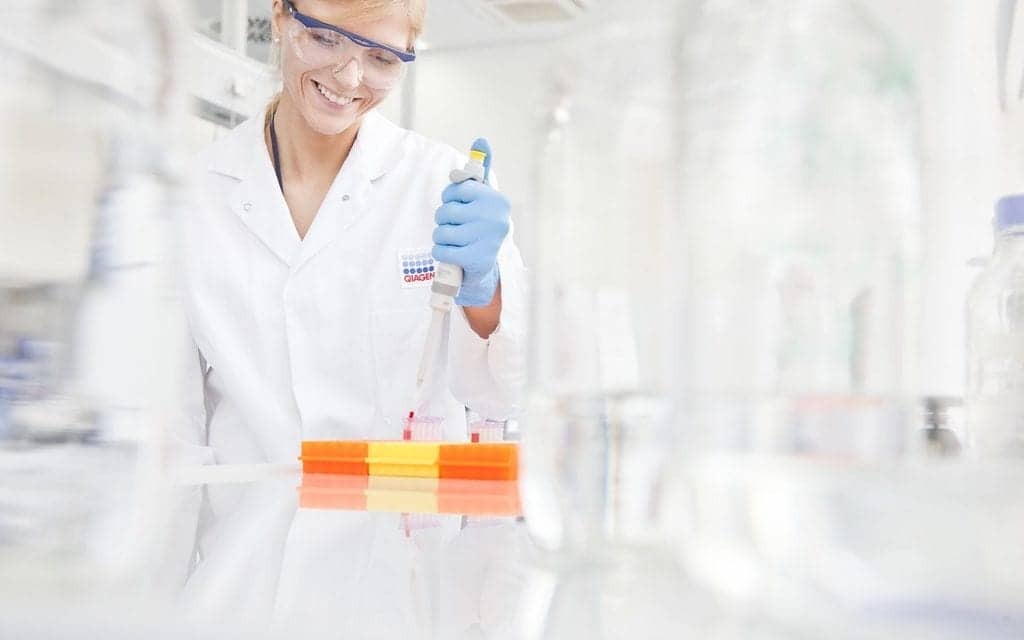Qiagen, Hilden, Germany, announced the United States launch of the new Access Anti-SARS-CoV-2 Total test, an easy-to-use digital test done on a portable device that provides results in about 10 minutes to detect antibodies in people exposed to the SARS-CoV-2 virus, the cause of covid-19. The launch of this antibody test, which was developed in partnership with the digital diagnostics company Ellume, East Brisbane, Australia, comes after the submission by Qiagen of this unique antibody test to the FDA for emergency use authorization (EUA). A CE-IVD marking for Europe and other markets is planned in the coming weeks. The new digital covid-19 serology test has been shown to have sensitivity of 100% (CI 88.43–100.00%) and specificity of 100% (CI 95.20–100.00%). “Increased testing is the only way to gain visibility on the magnitude of the pandemic, which will ultimately lead to helping control it,” says Davide Manissero, MD, chief medical officer of Qiagen. “As a trusted partner in the fight against covid-19, Qiagen has now added the Access Anti-SARS-CoV-2 to our portfolio as a smart solution for antibody testing that provides results with confidence. This is a rugged and portable platform that requires no hardware, can process a wide range of tests and provides fast results. We look forward to working with Ellume to discover and develop additional tests for this platform.” The test is performed on the eHub, a small portable digital device that provides reliable results in 10 minutes. Each eHub can handle up to eight patient samples simultaneously and can perform up to 32 total tests per hour. The nanoparticle fluorescent detection technology uses serum or plasma from patient samples. The same platform is being used for QuantiFeron-TB Access, a new solution in development for diagnosis of latent tuberculosis (TB) infection in low-resource regions with a high TB disease burden. Access Anti-SARS-CoV-2 will complement Qiagen’s array of covid-19 testing solutions with a cost-effective way to detect immune responses in people who have been exposed to the virus. For more information, visit Qiagen.
Qiagen Launches 10-Minute Digital Covid-19 Serology Test



